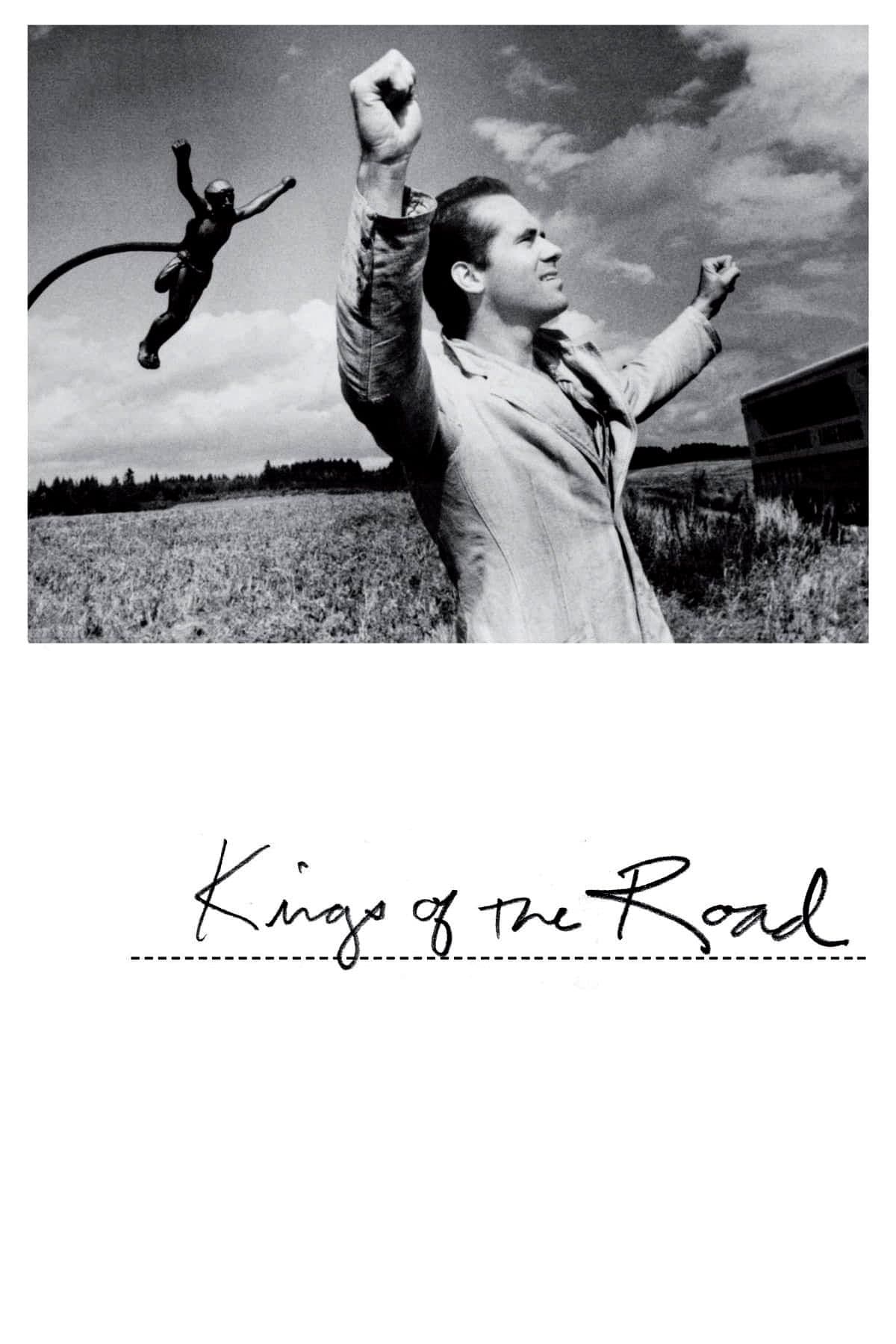
Kings of the Road
1976
Rate this movie
Average: 0.00 / 5
(0 votes)
Director
A histrionic and boisterous Wim Wenders magnificently shoots a raucous and intimate road movie with splendid live sound recording, capable of nailing the viewer to their seat for 3 long hours with the allure of its iconographic formalism and the protagonists’ rambling antics. This imposing length, far from being a mere exercise in style, proves to be an essential ingredient for weaving a narrative with an almost hypnotic cadence, a kind of meditative drift that transcends mere plot development to delve into the innermost folds of the German soul and, by extension, the human condition. The almost documentary rigor of the filming, which favors long takes and a raw black and white of extraordinary pictorial depth, is never an end in itself: it becomes a tool to grasp the elusive truth of encounters, the dust settled on landscapes and faces, the dull, pulsating sound of life flowing at the edges of major highways.
The story revolves around the encounter between two antithetical personalities: Bruno, played by a magnificent Rüdiger Vogler, is a repairman of projectors and cameras, an itinerant custodian of a cinema in slow agony, who travels Germany for work, almost a modern Don Quixote of provincial movie theaters. Robert, alias Hanns Zischler, is a psycholinguist who has just separated from his wife after a trip to Italy, an intellectual adrift emotionally, searching for a vocabulary to redefine his existence. Their dichotomy is not only character-based but symbolic: Bruno embodies the materiality of the cinematic medium, its mechanical physicality, analog memory; Robert, on the other hand, moves in the intangible realm of words, thought, the unconscious. The encounter between the "King of the Road" and the "Traveler of Words" thus becomes an allegory of the tension between image and language, between the immediate and the reflective, which animates Wenders' entire filmography.
The two form an improbable camaraderie after a road accident – an almost burlesque overturning of a car into the river, bordering on the grotesque before veering into melancholic absurdity – sharing a journey that will take them through a country torn between the post-war economic boom and the ethnic-political cleavages that undermined its foundations. The Germany depicted is not just a backdrop: it is a silent yet eloquent character, made of bombed and rebuilt houses, of walls that still breathe recent history, of industrial suburbs concealing small forgotten cinemas and nocturnal service stations. Wenders captures with an almost palpable empathy the post-industrial alienation, the sense of disorientation of a nation trying to define its identity in a divided Europe. The film thus becomes a kind of "sentimental map" of a Germany in transformation, a nostalgic ode to a disappearing world and at the same time an investigation into the deep roots of the existential malaise that permeated European youth of the era, as also found in works by Fassbinder or Herzog, albeit with very different tones and approaches.
The two, like two disheveled angels, will cast their disenchanted candor, their almost childlike curiosity, upon a myriad of ephemeral stories and situations. Each stage of their picaresque itinerary is a self-contained vignette, a fragment of life captured in the moment of its barest truth: a child watching television, an elderly projectionist recounting a golden age, a lonely woman in a provincial bar. From each of these tiny fragments of daily life, the protagonists gain a particle of their own redemption, a glimmer of understanding about the sense of belonging, male friendship, and the fragility of existence. Redemption is never a cathartic event, but a cumulative process, made of small glances, shared silences, cigarettes smoked under boundless skies. It is the search for a "Heimat" (homeland, home) not so much geographical as internal, in an era when Germany, after the wartime disaster, had to reinvent its concept of identity.
Wenders, after the dreamlike wanderings of Alice in the Cities and the metaphysical peregrinations of The Wrong Move, concludes his travel trilogy with Kings of the Road (original title Im Lauf der Zeit, an expression that evokes transience and constant flux). If Alice was discovered innocence and The Wrong Move tormented intellectualism, this film is maturity, the encounter with the concreteness of the road and people. It is the work in which Wenders manages to grasp its most touching aspect: the keen sense of brotherhood that develops between two solitudes that recognize each other, the allure of distances to be covered not as an escape, but as an act of search, and the reverberation of the people encountered, an echo that resonates far beyond their brief appearance. This film solidifies his reputation as an auteur capable of giving voice to a sense of existential dislocation, typical of New German Cinema, but with a poetry and lyricism entirely personal.
Wenders' work obviously has a markedly autobiographical character: in Bruno's obsession with cinema, which reflects the director's unconditional passion for the medium and his concern for the future of movie theaters in the face of the advance of television; in the nomadic character of the two protagonists, which mirrors Wenders' own wandering life, always poised between Europe and the United States; and in Robert's passion for aspects of language that border on unexplored areas of the human psyche, an echo of the director's interest in narrative, in the power of words and images to shape the perception of reality.
A film teeming with dialogue, people, and landscapes, but above all imbued with a sweet and persistent melancholy, a hymn to slowness and observation. A masterpiece that reminds us how, in the course of time, it is often the simplest journeys and the most improbable encounters that shape our soul, revealing universal truths hidden in the banality of everyday life. A work that, even today, resonates with the power of a timeless classic, capable of speaking to us of solitude, connection, and the perennial search for a place in the world.
Genres
Country
Gallery
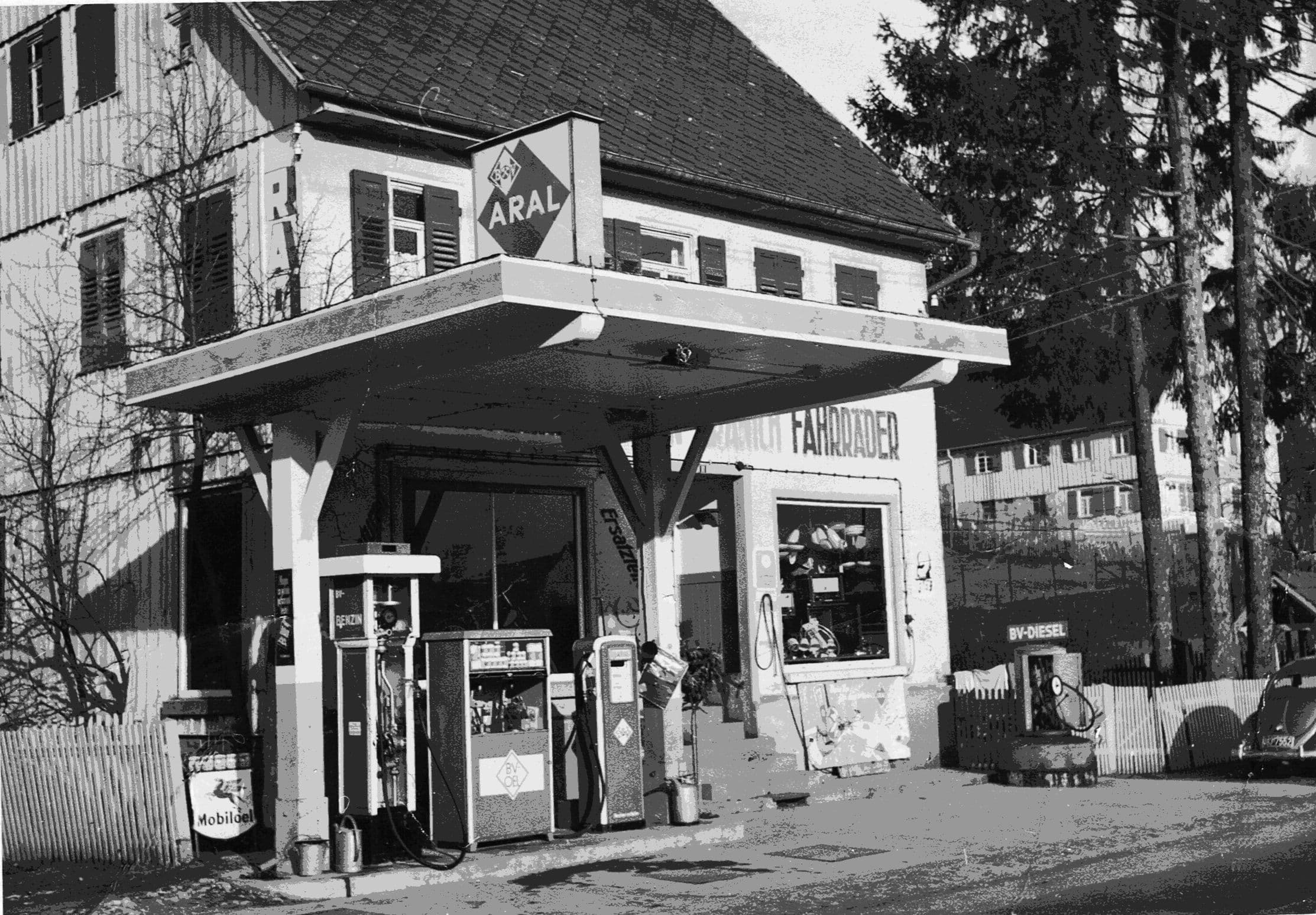

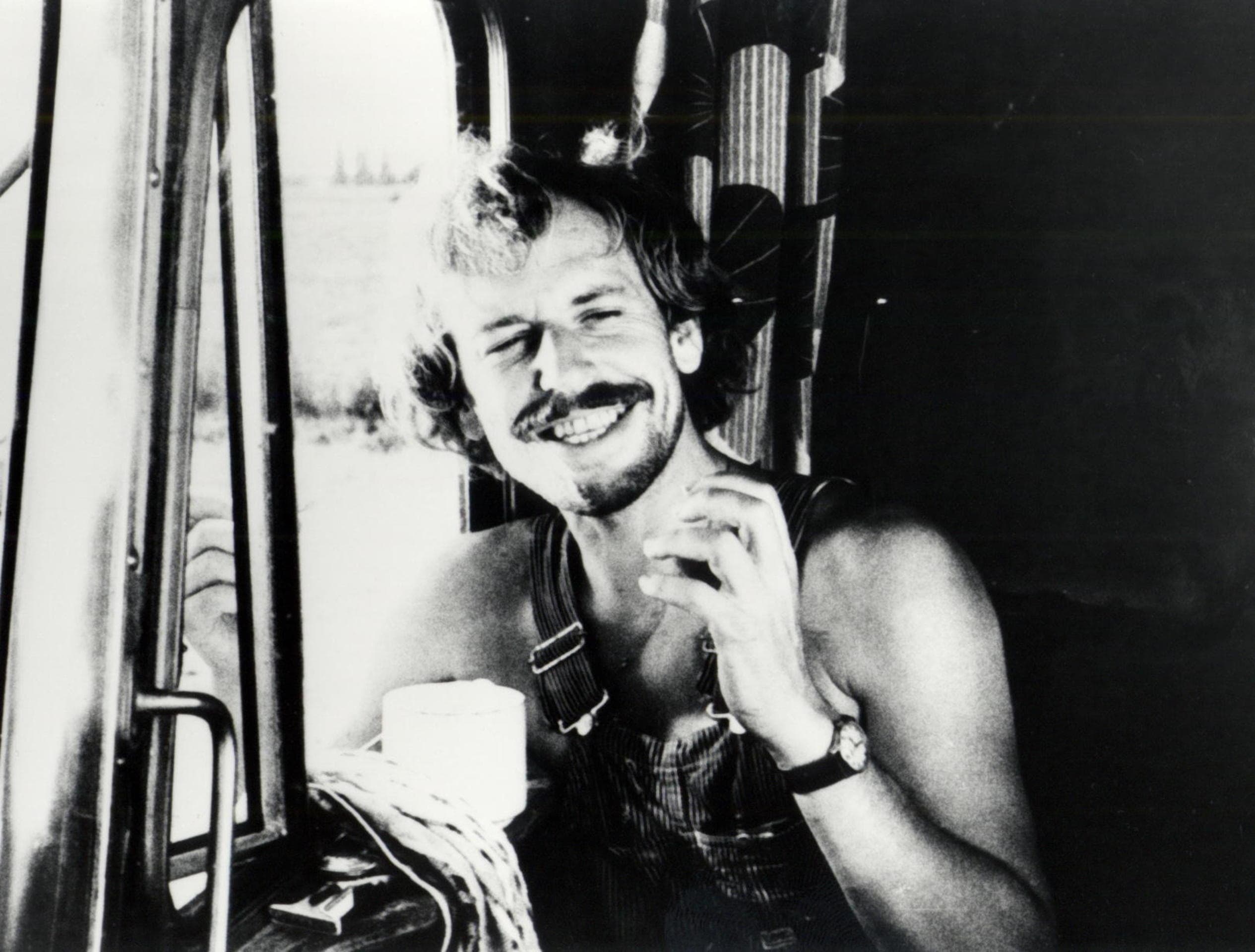
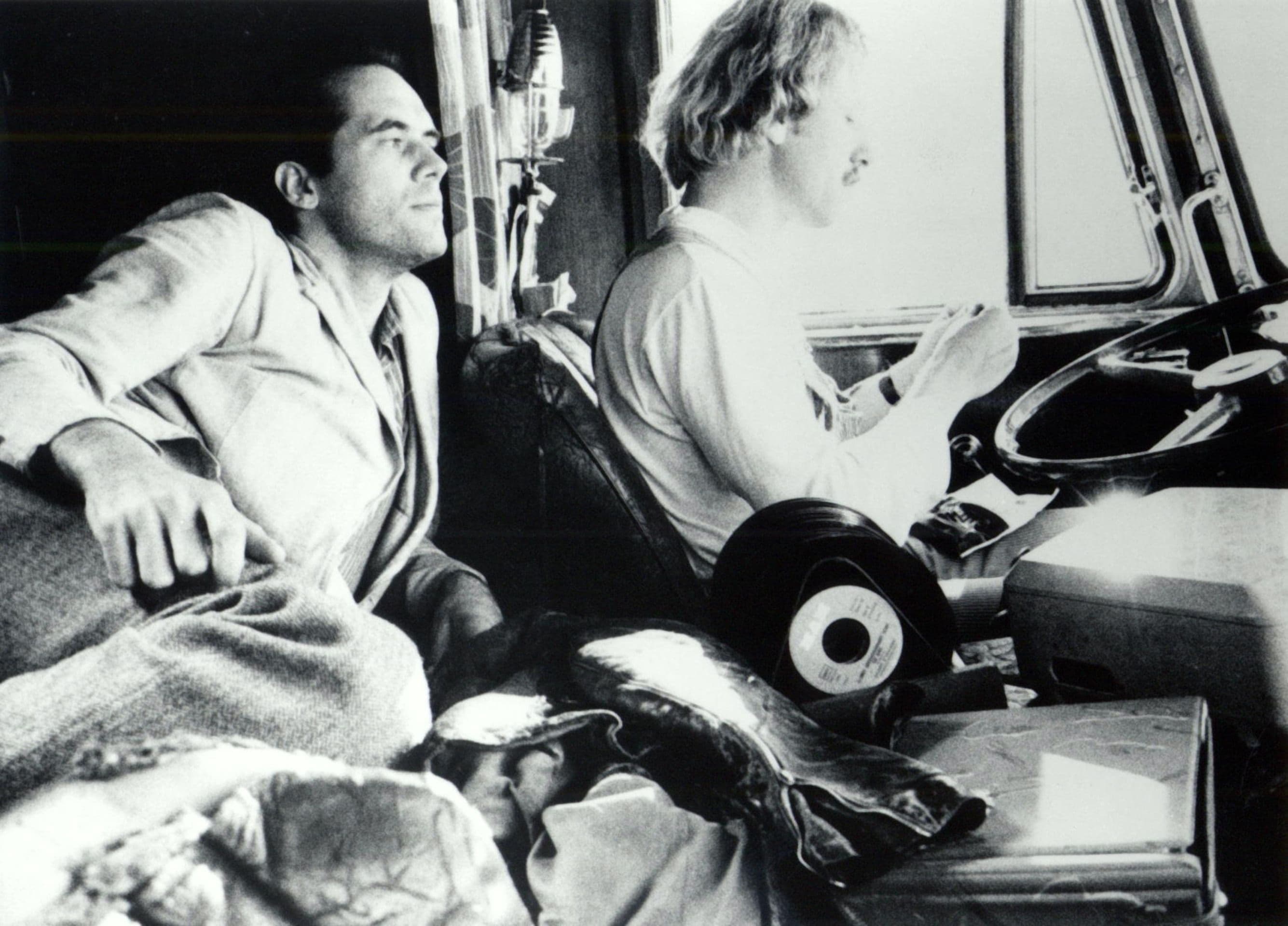

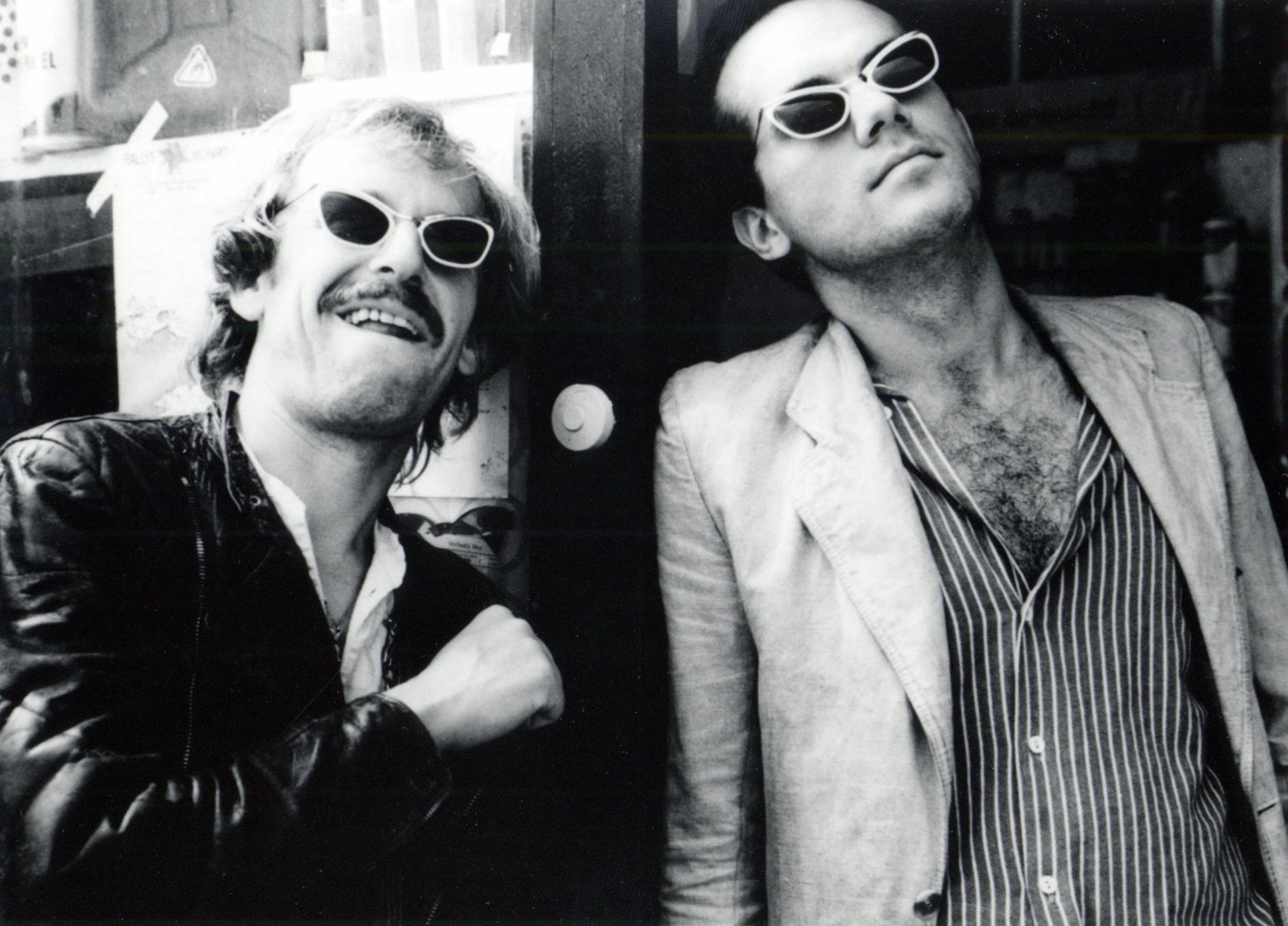
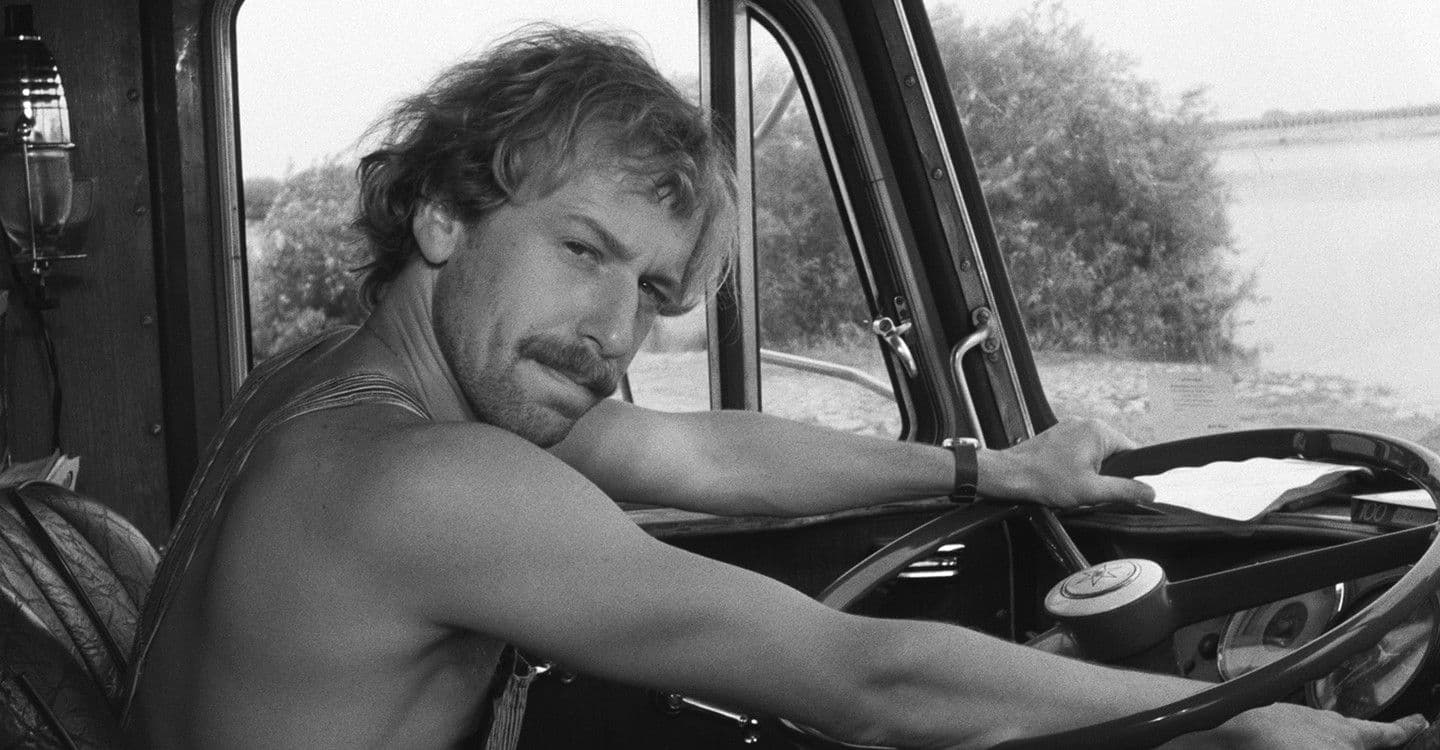
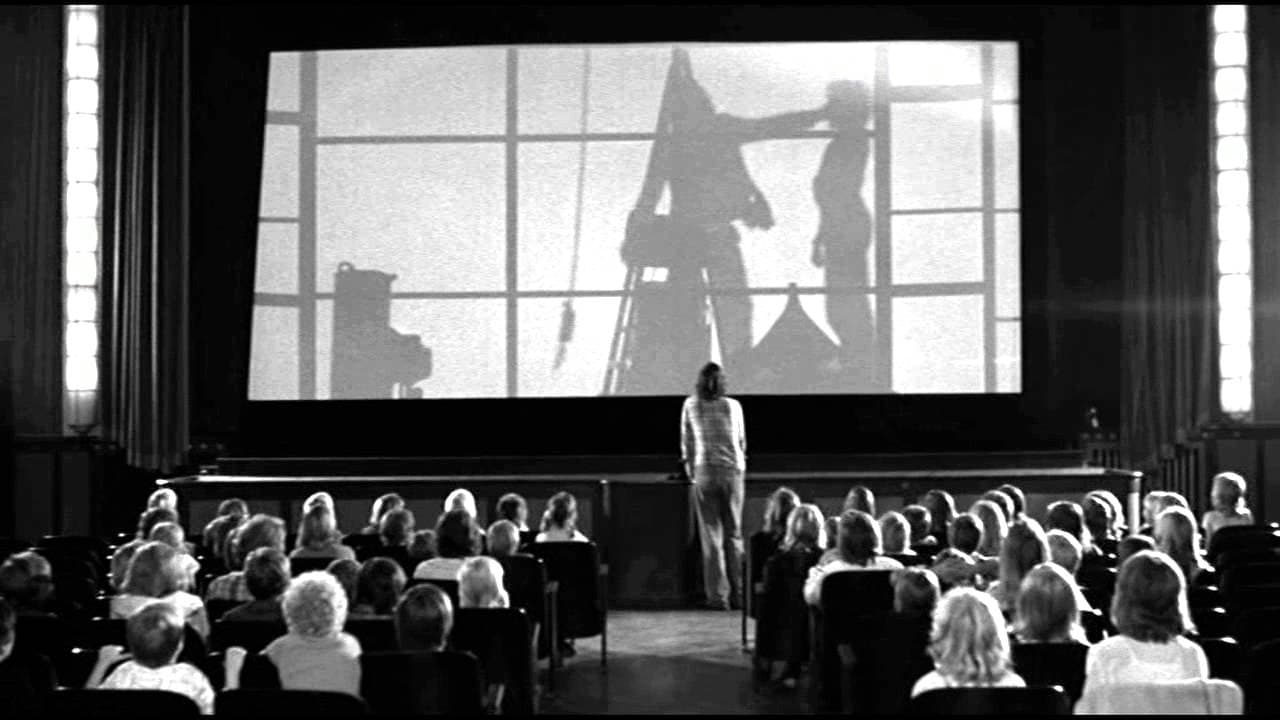
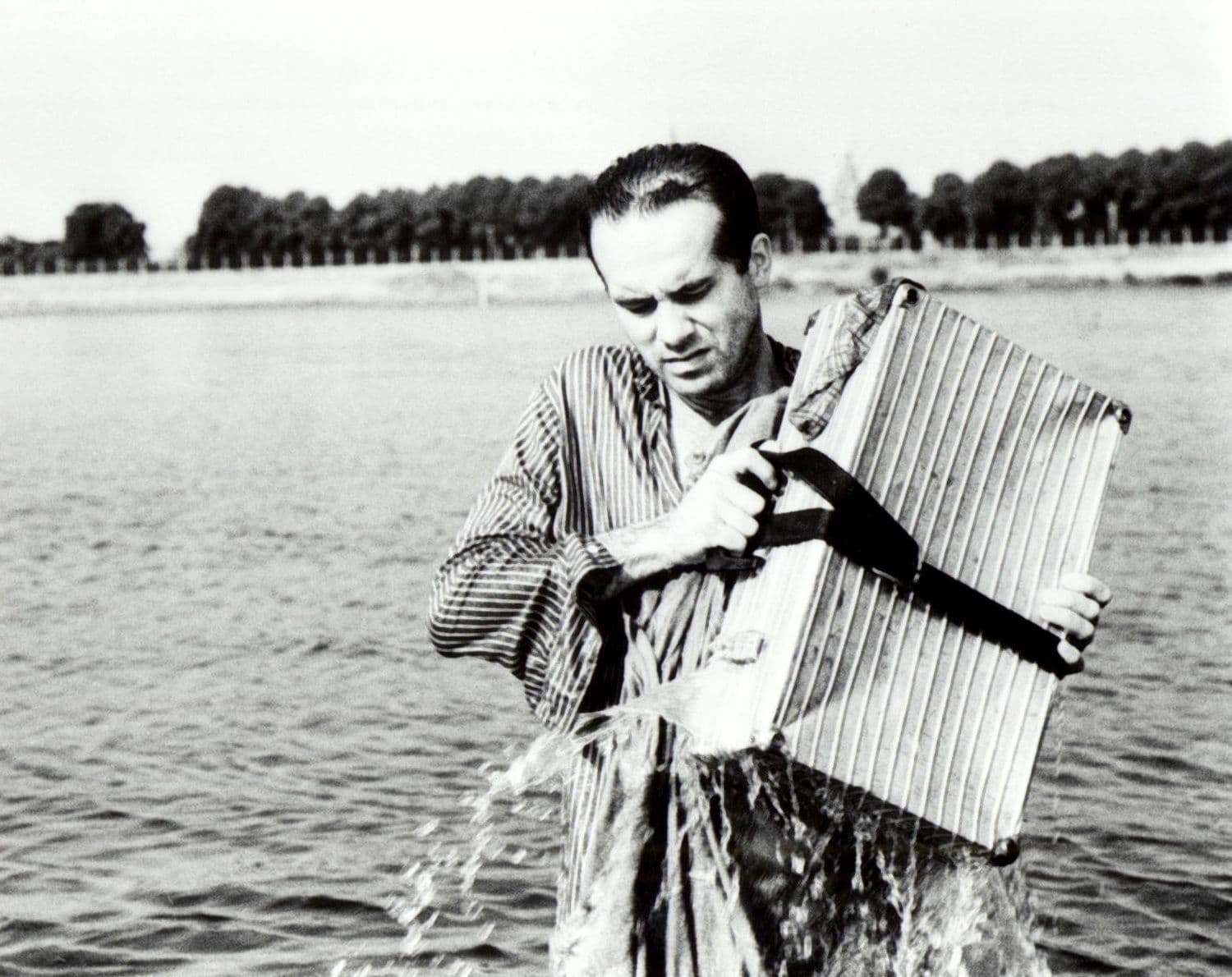
Featured Videos
Official Trailer
Comments
Loading comments...